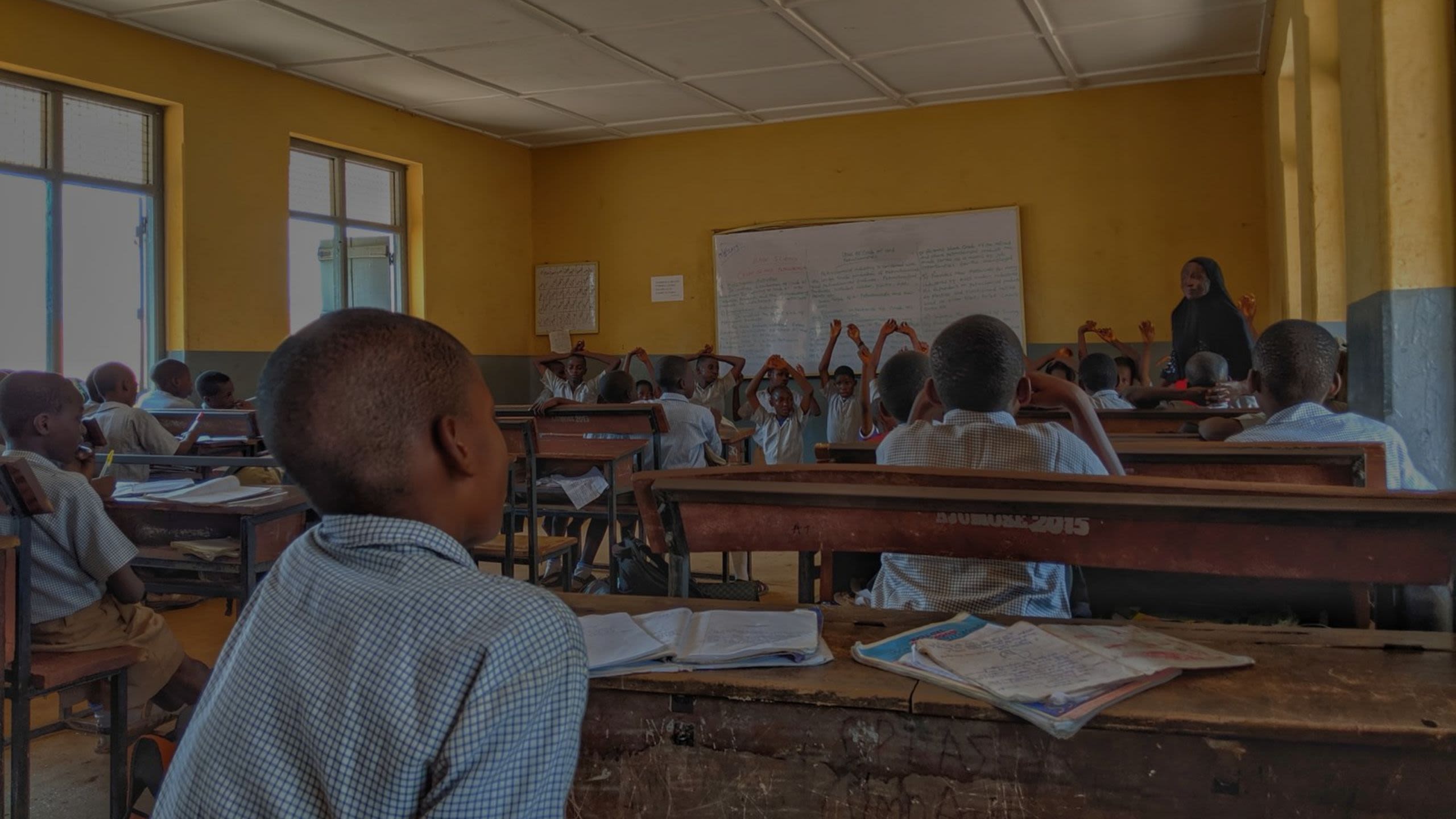The Pathway to Progress on SDG 4: A Symposium
A collection of essays




Susannah Hares
Justin Sandefur
Introduction
Earlier this year, Girin Beeharry stepped down as the inaugural director of the Bill & Melinda Gates Foundation’s global education program. He’s not going quietly though. “The Pathway to Progress on SDG 4,” first published in the International Journal of Educational Development, is—in essence—Girin’s manifesto for international actors in the education sector. The essay has little patience for what Girin perceives as our collective failure to address alarmingly poor learning outcomes, and it lays out a clear (and sometimes controversial) vision for what needs to change to get back on track toward SDG 4. The heart of this manifesto is that we must reorient global aid for education around promoting foundational literacy and numeracy, unflinchingly monitor progress on that core goal, and hold all development institutions accountable for measurable results in this domain.
The essay has made waves, not least because Girin has worked closely with his target audience for years, and he draws on detailed knowledge of how various international organizations function and malfunction. His essay embodies what we know about Girin. It is thoughtful but refreshingly direct. It is evidence-driven but marries deep analysis with a feverish focus on impact. Girin’s passion for change is palpable and his relentless challenge to the sector to do better for the children we purport to serve shines through.
In March, CGD and Rise hosted a private roundtable to hear reactions from the education sector leaders to whom Girin’s essay is directed. Now, we are delighted to present a symposium of reactions and commentaries on “The Pathway to Progress on SDG 4.” In this collection, sector leaders, researchers, and practitioners provide their reflections and counter proposals to Girin’s essay. Taken collectively, the range of contributors and the insights their essays provide reflect the impact that Girin’s perspective has had on so many of us and remind us quite how much he has contributed to the education sector.
We offer thanks to Girin for stimulating this timely debate, and we are grateful to all our contributors for their thoughtful responses.
Susannah Hares and Justin Sandefur
